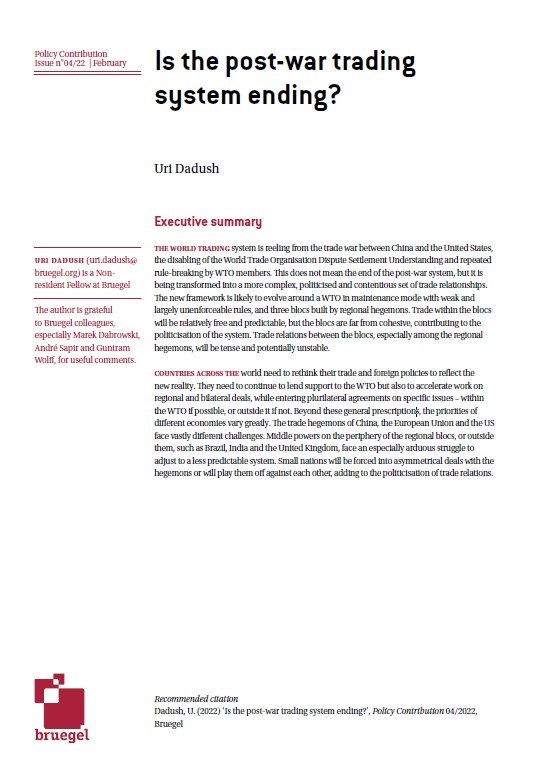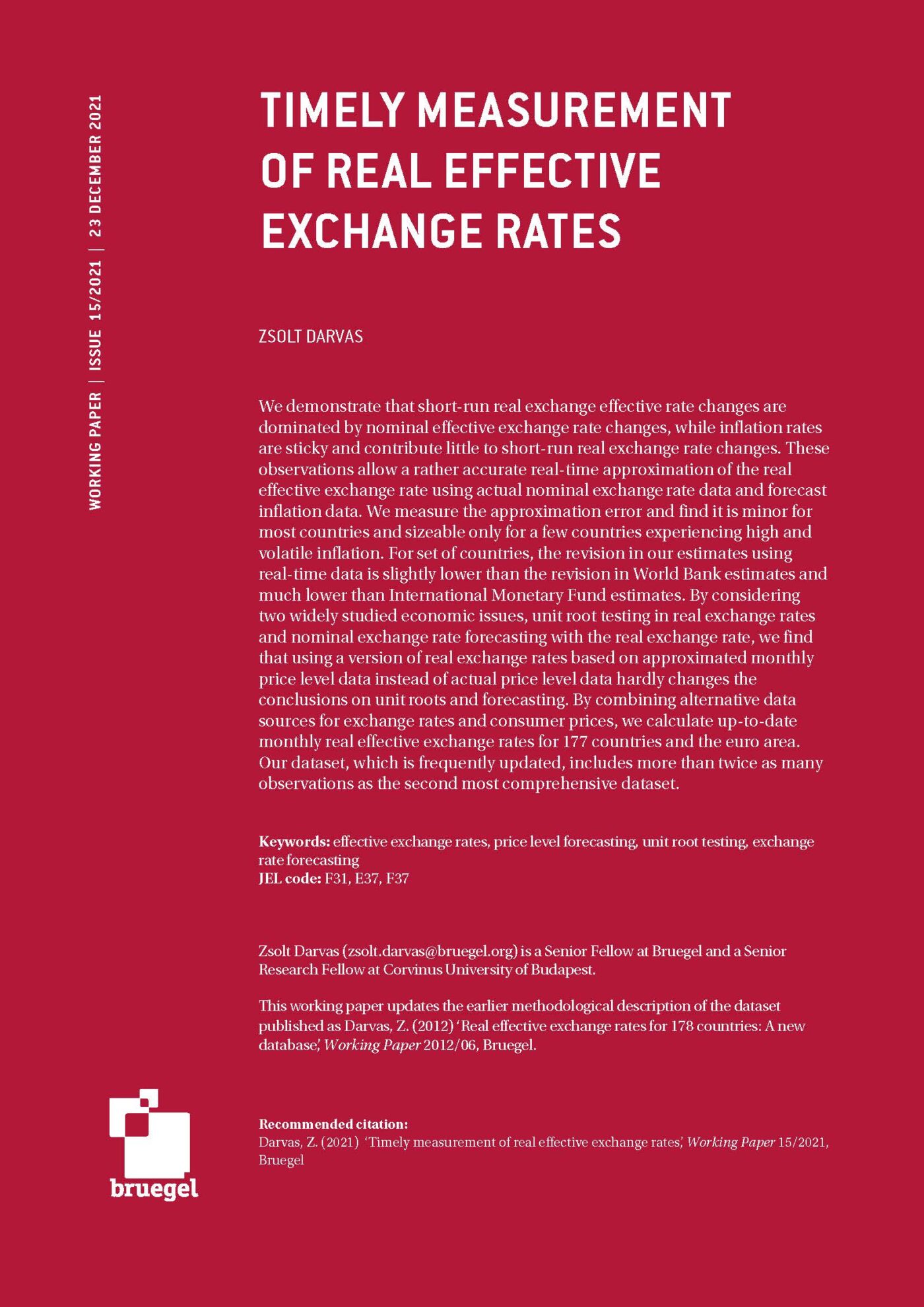Opinion
EU trade with Myanmar and the grasshopper problem
The European Union’s decision to reinstate Burmese access to the generalised scheme of tariff preferences (GSP) was the right move, because it will both help to pave the way to a highly reciprocal trade relationship with emerging Asia, and will help Myanmar.
The European Union’s decision to reinstate Burmese access to the generalised scheme of tariff preferences (GSP) was the right move, because it will both help to pave the way to a highly reciprocal trade relationship with emerging Asia, and will help Myanmar.
The GSP reduces or does away with tariffs applied to imports from least-developed countries, for the purpose of supporting their economic development. The EU had given Myanmar access to the GSP, but temporarily withdrew it in 1997 as a sanction against the routine and widespread use of forced labour. Since then, the situation in Myanmar has improved, and economic and political reform in the country has speeded up since the general election in late 2010. The EU assessed the efforts of Myanmar positively and decided to reinstate GSP access for this “last frontier in South-east Asia,” with a 62 million population. The piece of legislation has been passed and awaits publication.
Resumption of Myanmar’s access to the GSP will be a green light for the expansion of the EU’s imports from the country, in terms of both volume and variety. The Burmese economy has expanded rapidly, but European Union imports from Myanmar have declined to one third of the 2004 peak level. Myanmar’s nominal GDP (calculated from the IMF-WEO database) in 2012 was 17.2 times greater than it was in 1997. If the EU’s imports from Myanmar had expanded at the same pace as Burmese GDP, they would have amounted to $2.27 billion in 2012, rather than the actual figure of $0.21 billion (converted to $ from Eurostat data), equivalent to 3.8 percent of Burmese GDP. This $2.06 billion would have accounted for less than 0.1 percent of the EU’s total imports. The EU’s possible loss of tariff revenue by giving Myanmar access to the GSP, according to the draft legislation, would be less than €5 million per year. This means that the resumption is also good for the EU, because the EU can be applauded for contributing strongly to the Burmese economy without changing its import structure or losing a significant portion of its tariff revenue.
While Myanmar, a least developed country, will soon be granted access to the GSP again, a new rule on GSP access that will come into force in January 2014 will disqualify upper-middle-income countries. All the countries bordering Myanmar currently have access to the GSP, but China and Thailand, which became upper-middle-income countries in 2010, will lose their access under the new rule (in 2015, if the criteria are automatically applied). India is a lower-middle-income country but will grow to be an upper-middle-income country much sooner than Myanmar. Because of these variations in treatment of countries, there is some concern about ‘grasshoppers’ – businesspeople in neighbouring countries who try to ship their products to the EU through Myanmar in order to receive the benefits of the GSP. It is reported that an EU representative explained, at a seminar in Yangon in May, that the EU would tackle Chinese grasshoppers by imposing strict requirements in the GSP application process. However, grasshoppers could come from any upper-middle-income country bordering on Myanmar, not only from China.
Dealing with grasshoppers, however, also represents an opportunity for the EU to pave the way towards a stronger economic relationship with Asian middle-income countries. Stricter border control is one idea to tackle grasshoppers, but might result in a vicious spiral of regulation and attempts by grasshoppers to circumvent the rules. A better approach would be for the EU to take away the incentives for grasshoppers by offering Asian upper-middle-income countries at least the same tariff preference they receive through the GSP, even after they graduate. This can be achieved by concluding free-trade agreements (FTAs) with them. Although this treatment would widen their access to markets for sensitive goods and services in the EU, offers must be mutual and balanced under FTA talks, not one-way. The EU can now ask those countries to eliminate tariff and non-tariff barriers in order to make it easier for EU investors and companies to access their huge and still-growing markets. FTAs with Asian middle-income countries would be beneficial for the EU, even taking into account the small additional expense caused by the transition from the GSP to an FTA. The EU has already started FTA negotiations with Thailand and India. And, if the EU is to stop the march of the Chinese grasshoppers going to GSP countries, it should speed up the deepening of its trade relationship with China.
This article was also published in Caijing, The Glocal (Hong Kong) and Euractiv.
Republishing and referencing
Bruegel considers itself a public good and takes no institutional standpoint.
Due to copyright agreements we ask that you kindly email request to republish opinions that have appeared in print to [email protected].










